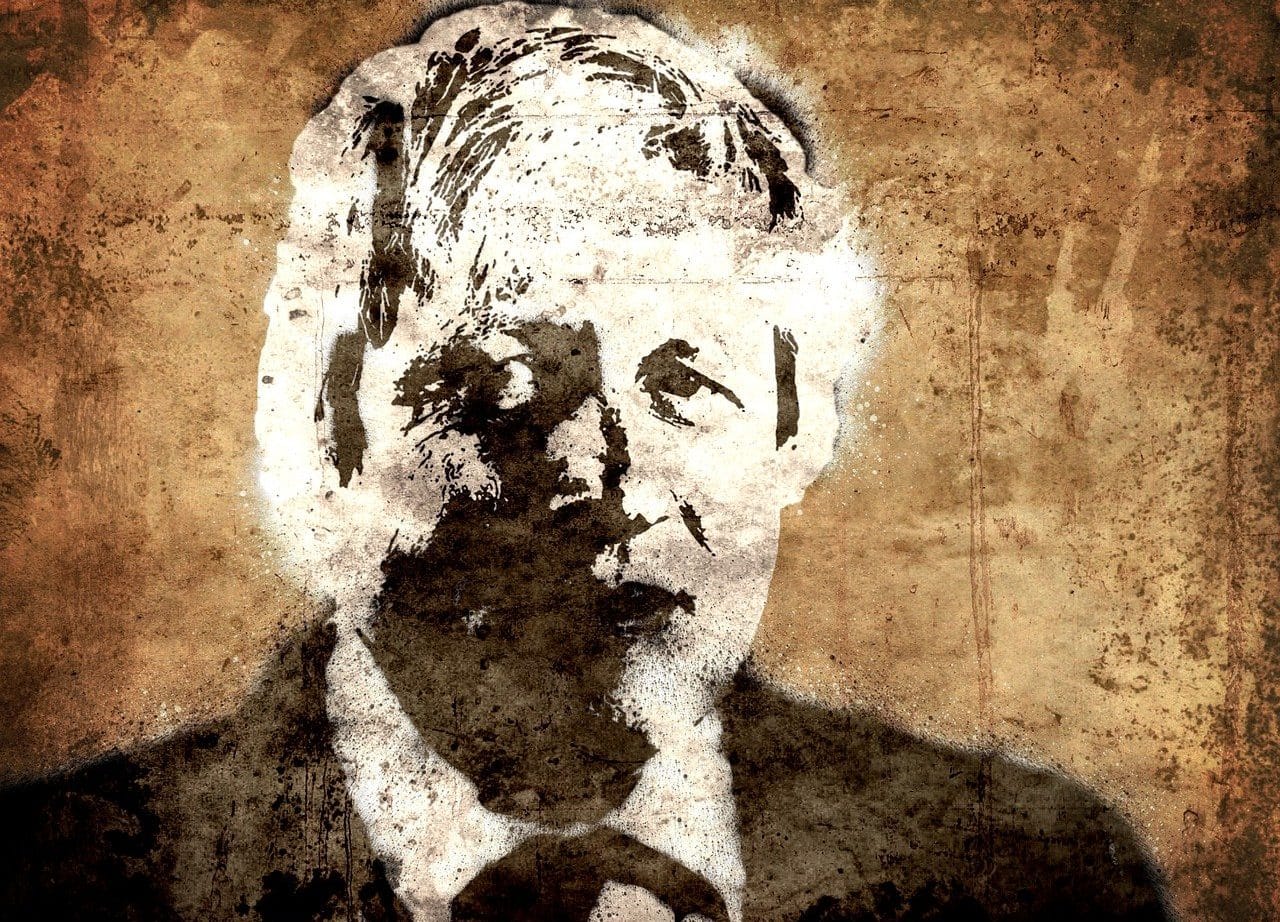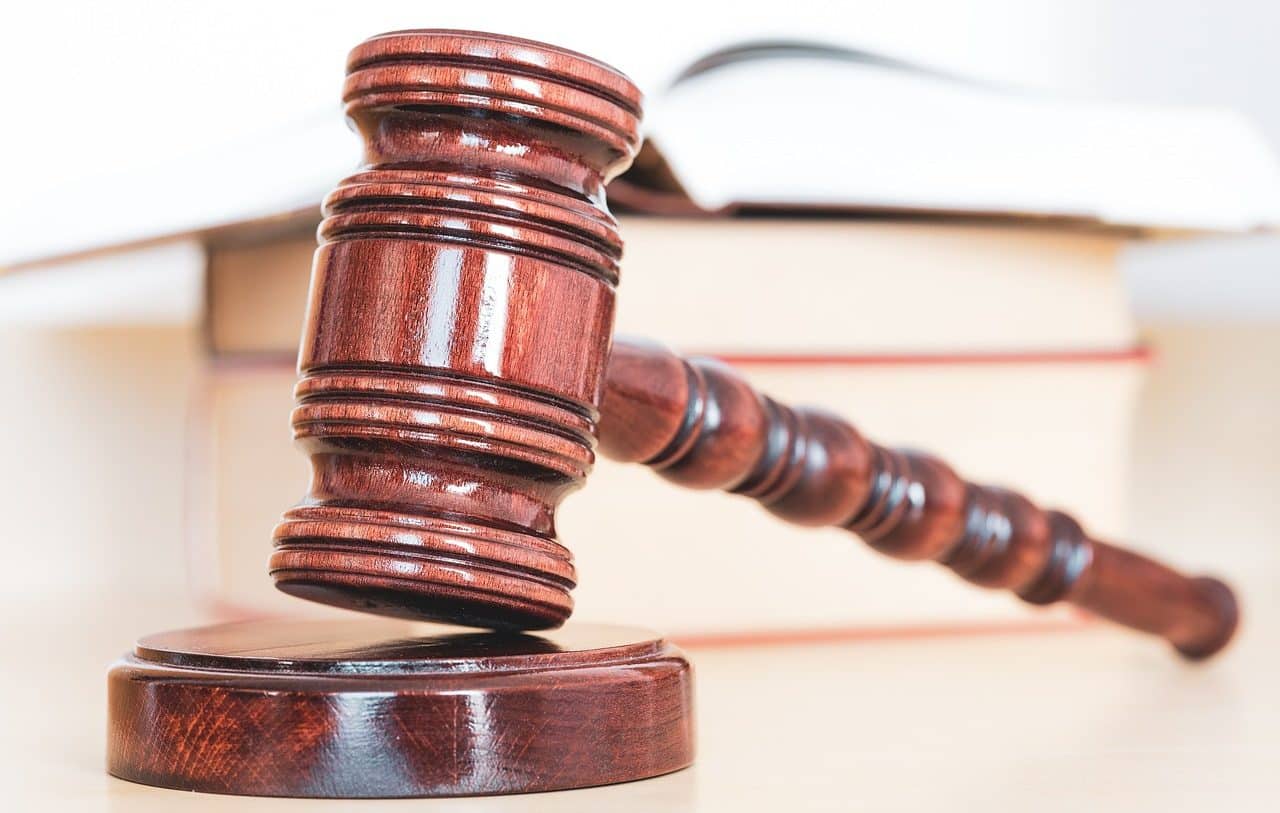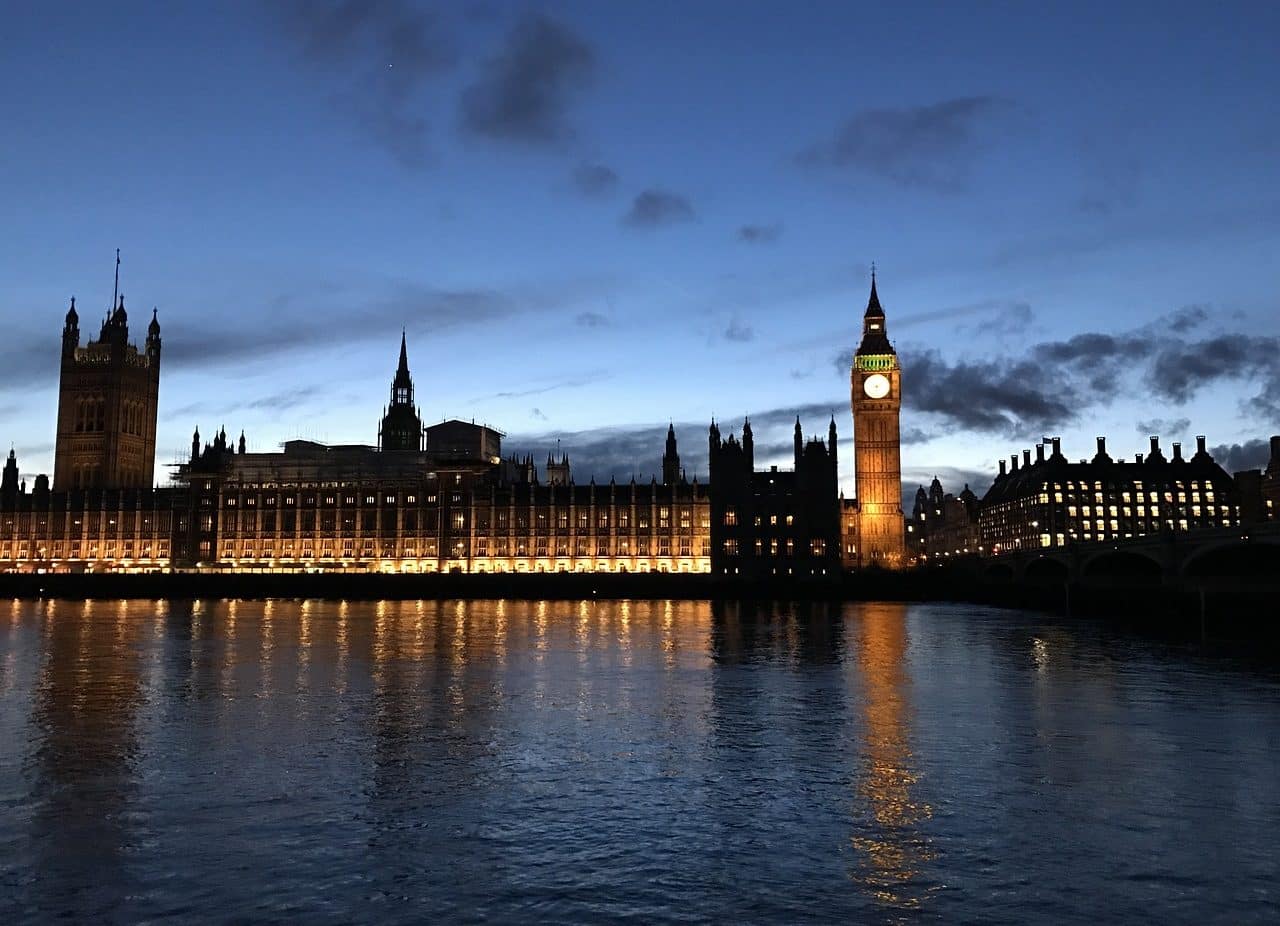
The prime minister is the one who makes the most important decisions in the internal politics of his country.
Prime minister is a concept that refers to an authority of the Executive Branch in some countries. The responsibilities and powers of the position vary according to the political system in question.
If we focus on the definition provided by the dictionary of the Royal Spanish Academy ( RAE ), the prime minister is the one who presides over the Council of Ministers or the head of Government . This is the official who heads the cabinet although he is not the head of state, therefore he is not the main authority.
Origin of the figure of prime minister
The origin of the figure of prime minister is in the United Kingdom . Several centuries ago, it was common for the king to have a minister who acted as leader of the government , beyond the formal position he held. An example of these statesmen was Thomas Cromwell , an official of King Henry VIII in the 16th century .
Over time, this class of leaders began to be referred to as prime minister. His field of action was defined by the monarch, who could also dismiss him according to his will.
The delimitation of the office of prime minister began to be outlined with the Bill of Rights of 1689 , which gave greater power to the House of Commons . Over time, with the advance of the British Empire , the government model of said State was copied in other territories.
Since the end of the 20th century , a large number of countries have had a prime minister or an official of similar rank. Those nations that do not have a similar figure are the republics with a presidential regime - such as the United States , Argentina , Brazil , South Korea and Nigeria , among others -, where the president assumes the exercise of executive power directly.

The position of prime minister may not be specified in the Constitution.
Its characteristics
As we already indicated, the characteristics of the prime minister depend on the political organization. Typically, the position exists in a democracy with a parliamentary regime where the Legislative Branch elects the government that heads the Executive Branch .
Parliamentarism is present in parliamentary republics (such as Germany , Israel , South Africa and Barbados ) and in parliamentary monarchies ( United Kingdom , Sweden , Jordan ). In the parliamentary republic, the prime minister is the head of government, while the president is the head of state with limited or no executive power.
In a similar way, in the parliamentary monarchy the head of state is the king, but he is subject to the control of Parliament, which is responsible for electing the prime minister.
In a general sense, it can be said that the prime minister has a responsibility similar to that of the president in a presidential regime. It has the power to appoint government officials, assumes the coordination of government activities and even represents the State worldwide.
Regarding his election, the usual thing is that it is the leader who achieved the leadership of that political party (or political coalition) that achieves the majority in Parliament . This favorable proportion is what allows it to obtain the necessary support in the vote among parliamentarians.

The motion of confidence and the motion of censure are political instruments that can condition the prime minister.
Prime Minister of the United Kingdom
The Prime Minister of the United Kingdom is possibly the best known internationally, both for the history of the position and for its political relevance in the global context. At the time of writing the original version of this article (October 2023), the British Prime Minister is Rishi Sunak .
As we already mentioned, the Prime Minister of the United Kingdom is the head of Government and the highest authority of the cabinet (made up of the highest-ranking ministers). Although his position is not formally fixed, tradition indicates that the monarch appoints the leader of the political party with the largest number of seats in the House of Commons . Although the king makes the appointment, the convention establishes that the appointment responds to the majority support of parliamentarians.
Margaret Thatcher, Tony Blair, David Cameron yBoris Johnson son algunos de los primeros ministros británicos que ejercieron en las últimas décadas.
Other heads of government
There are other important heads of government in the world who serve as prime ministers. In France , there has been a prime minister as head of Government since the creation of the Fifth Republic in 1958 ; Previously, responsibility was in the hands of the president of the Council.
The French prime minister, in any case, shares executive power with the president. Georges Pompidou and Jacques Chirac demonstrate the particularity of having been prime ministers and then presidents.
In Israel , on the other hand, the president is the head of state with a basically ceremonial function, while the prime minister is the one who holds executive power. Shimon Peres , Isaac Rabin , Ariel Sharon and Benjamin Netanyahu are among the leaders who held office.
Canada also has a prime minister, appointed by the governor general (head of state and who represents the British king). In 2015 , Justin Trudeau , a leader of the Liberal Party , was chosen, then winner in two other elections.
